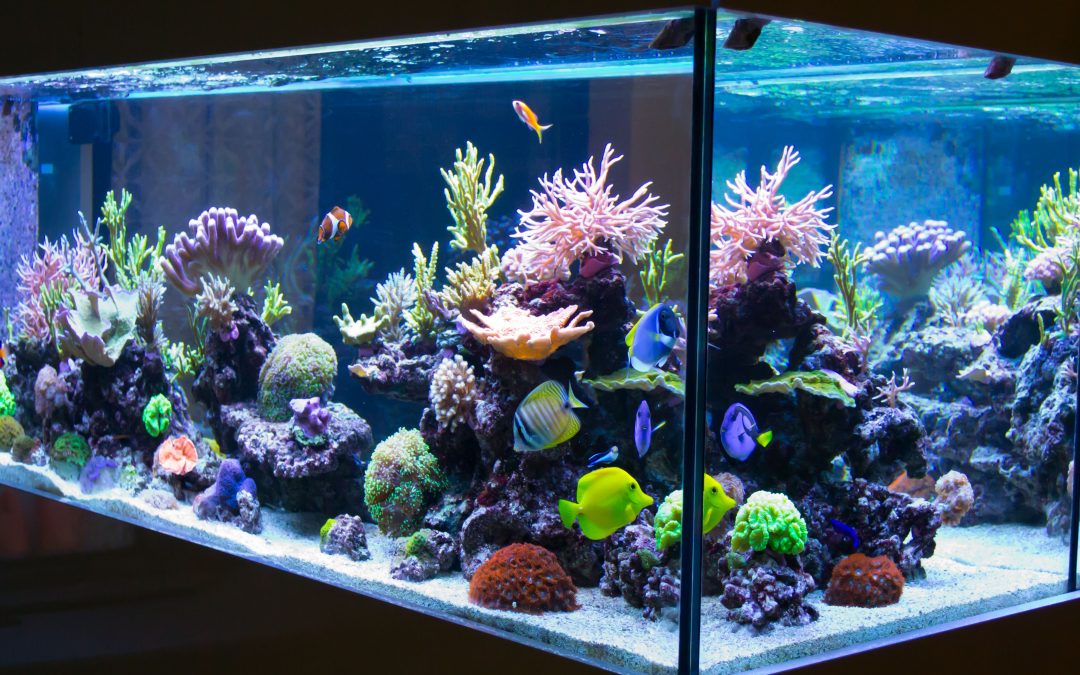
Aquarium Corals
Selection, Husbandry, and Natural History
Eric H. Borneman
Copyright © 2001 by T.F.H. Publications, Inc.
LESS IS MORE
I have , over time, found most corals to have relatively few requirements to thrive much as they would on a natural reef. While many amateur reef keepers have taken a high-tech route to creating the proper micro-environment, I have found that less is more. Readers of this book will see that I do not advocate any single method of reef keeping. Indeed, many types of systems – both technically sophisticated and elegantly simple _ can be made to work.
ESSENTIAL EXPERIENCE
Who among us really can say they know what the captive requirements of some of these animals are?
For example, Euphyllia ancora, the hammer coral, is kept by many thousands of aquarists around the world with a high-degree establishing the captive needs of this species. I have had two of these corals in my aquariums for many years, and coupling my own observations with the experiences of countless others, I think we have a pretty good picture of what this animal needs to thrive in captive settings.
The reality is that our collective ignorance about corals and coral husbandry is still profound. In my mind, it’s a simple matter of being confronted with so many corals and so little time. It is simply not possible for a single person to proclaim with any degree of accuracy the relative ease or difficulty with which a good number of these corals can be maintained. Many corals can easily outlive us, after all. How many generations of corals have any of us seen in captivity? Usually, not even one that reaches reproductive maturity. Can we claim success because we have maintained a certain coral for a period of months, or even a few years? In reality, we are just arriving at the frontier of captive coral husbandry. We barely know a thing about coral disease in the aquarium, much less how to treat it. We can’t keep most aposymbiotic corals alive for very long, despite the large number of flamboyantly colorful species available.
A SIMPLE PHILOSOPHY
I return to my basic philosophy: to be successful with corals, one needs to understand them, not merely follow a cookbook. There is no doubt in my mind that the recipes are going to change, in some cases dramatically, in the coming years, and I hope that readers will keep this in mind as they read this or any text on coral husbandry.
Finally, I think a proper approach to the keeping of corals calls for all of us to have or adopt ethical and responsible attitudes toward the species in our care. I’ve tried to treat corals in my aquariums as the living animals that they are, not merely as art, ornaments, or transient display items. I know that this fundamental respect for all life is shared by many, many reef aquarists. I urge anyone who is either currently keeping live corals, or who is planning to do so in the future, to take great pains to learn about the many complexities and relationships that abound on coral reefs in nature. Visiting a coral reef in person, if at all possible, is a never-to-be-forgotten experience; it provides a whole new appreciation for the physical and biological dynamics we try to replicate in the aquarium.

Recent Comments